11th Standard CBSE Computer Science Subjects Question Paper Software Subscription
QB365 covers complete information about 11th Standard CBSE Computer Science Subject for 2022-2023 Exam. Question Bank includes 11th Standard CBSE Computer Science Subjects Book back questions, other important questions, Creative questions, Extra questions, PTA quesions, Previous Year questions and other key points also. All question with detailed answers are readily available for preparting Computer Science question papers.
All Chapters Covered

Create Unlimited Question Papers

Access anywhere anytime

Multiple Pattern Question Papers
Share your Question Paper

Font size, line spacing, watermark etc,
Our Other Subjects for 11th Standard CBSE
11th Standard CBSE Computer Science Chapters / Lessons
Basic Computer Organisation
Software Concepts
Memory Units and Number System
Operating System
Basic Concepts of Flowchart
Boolean Algebra
Cloud and Parallel Computing
Python Fundamentals
Data Handling
Conditional and Looping Constructs
Idea of Debugging
Lists, Tuples and Dictionaries
Sorting Algorithms
String Manipulation
Relational Databases
Structured Query Language (SQL)
Aggregate Functions
Basics of NoSQL Databases
Society, Law and Ethics
Online Access and Safe Communication
11th Standard CBSE Computer Science Chapters / Lessons Syllabus
Basic Computer Organisation
Computer System - Mobile System - Central Processing Unit (CPU) - Memory units and Concepts - Hard Disk - Input I Output Devices - Battery
Software Concepts
System Software - Application Software - Utility Software
Memory Units and Number System
Number System and Information Representation - Representing Integers and Characters
Operating System
Notion of an operating system - How an operating system runs a program - Idea of loading - Operating system as a resource manager
Basic Concepts of Flowchart
Basic concepts of Flowchart
Boolean Algebra
Boolean logic - OR - AND - NAND - NOR - XOR - NOT - Truth tables - De Morgan’s laws
Cloud and Parallel Computing
Concept of cloud computing - Cloud (public/private) - Introduction to parallel computing
Python Fundamentals
Features of Python - Python Character Set - Token & Identifiers - Keywords - Literals - Delimiters - Operators - Comments: (Single line & Multiline / Continuation statements) - Clarity & Simplification of expression - Introduce the notion of a variable - Methods to manipulate it (concept of Lvalue and R-value evenif not taught explicitly)
Data Handling
Knowledge of data types and operators: Accepting input from the console - Assignment statement - Expressions - Operators and their precedence - Operators & Types: Binary operators-Arithmetic - Relational operators - Logical Operators - Augmented Assignment operators
Conditional and Looping Constructs
Conditional statements: if - if-else - if-elif-else - Simple programs: Absolute value - Sort 3 numbers - Divisibility - Notion of iterative computation and control flow: for(range() - len()) - while - flowcharts - Suggested programs: Interest calculation - Factorials
Idea of Debugging
Idea of Debugging: Errors and Exceptions - Debugging: PDB, Breakpoints
Lists, Tuples and Dictionaries
Finding the maximum - Minimum - Mean - Linear search on list/tuple of numbers - Counting the frequency of elements in a list using a dictionary - Introduce the notion of accessing elements in a collection using numbers and names.
Sorting Algorithms
Bubble and insertion sort - Count the number of operations while sorting
String Manipulation
Traversing - Compare - Concat - Substring
Relational Databases
Concept of a database - Relations - Attributes - Tuples - Keys - Candidate key - Primary key - Alternate key - Foreign key - Degree - Cardinality of a table
Structured Query Language (SQL)
DDL/DML commands to CREATE TABLE - INSERT INTO - UPDATE TABLE - DELETE FROM - ALTER TABLE - MODIFY TABLE - DROP TABLE - Keys - Foreign keys - To view content of a table: SELECT-FROM-WHERE-ORDER BY along with BETWEEN - IN - LIKE (Queries only on single table)
Aggregate Functions
MIN - MAX - AVG - COUNT - SUM
Basics of NoSQL Databases
Basics of NoSQL databases
Society, Law and Ethics
Cyber Safety - Social Networking
Online Access and Safe Communication
Safety Accessing Websites - Solutions to Computer - Security Threats
Features in Question Paper Preparation software
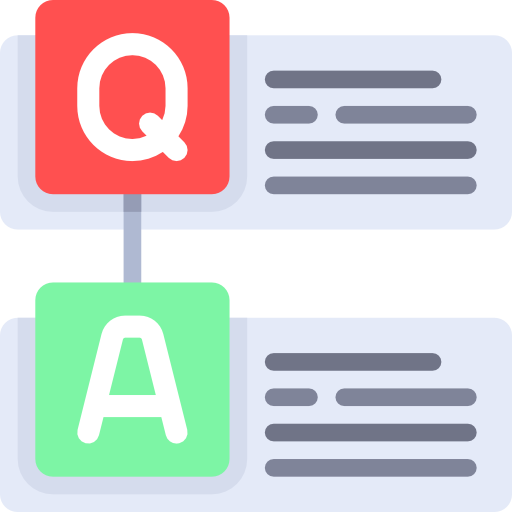
(or) type Question
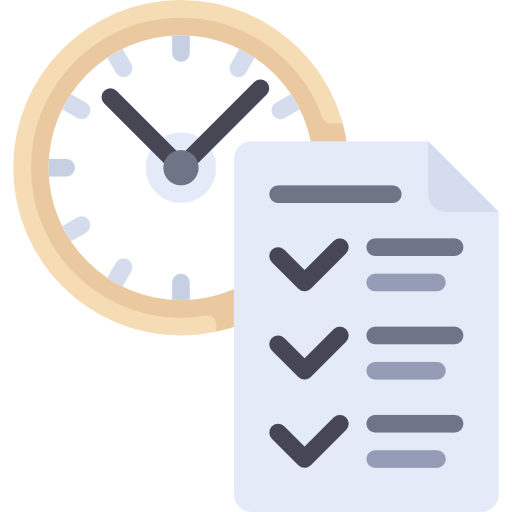
Add or Remover
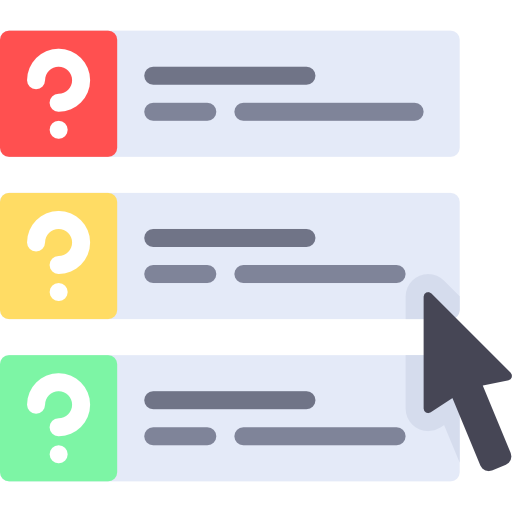
Sub Questions
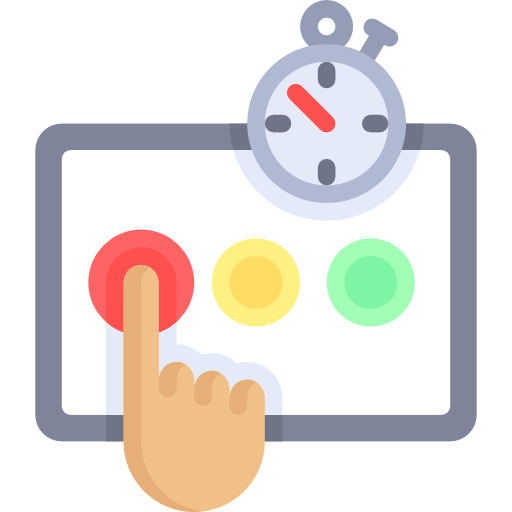
Adding Notes
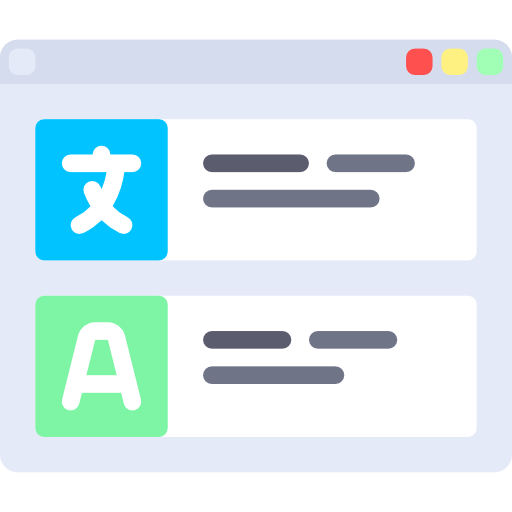
Multiple Pattern

All subjects available
How to Create 11th Standard CBSE Computer Science Question Paper

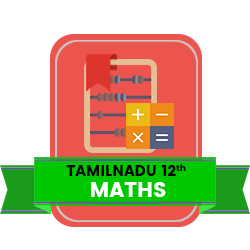
11th Standard CBSE Computer Science
- Covers all chapters
- Unique Creative Questions
- Unlimited Question Paper
- Multiple Patterns & Answer keys
4600
4140


